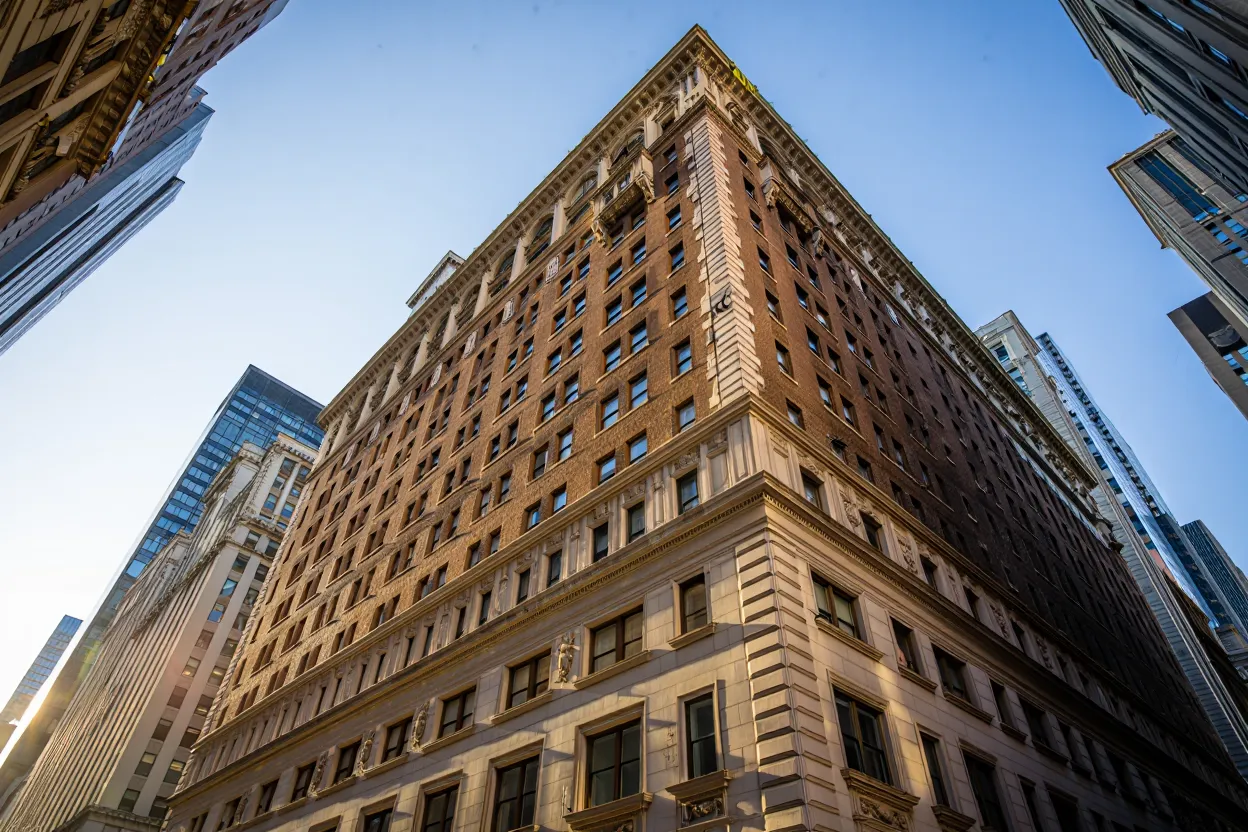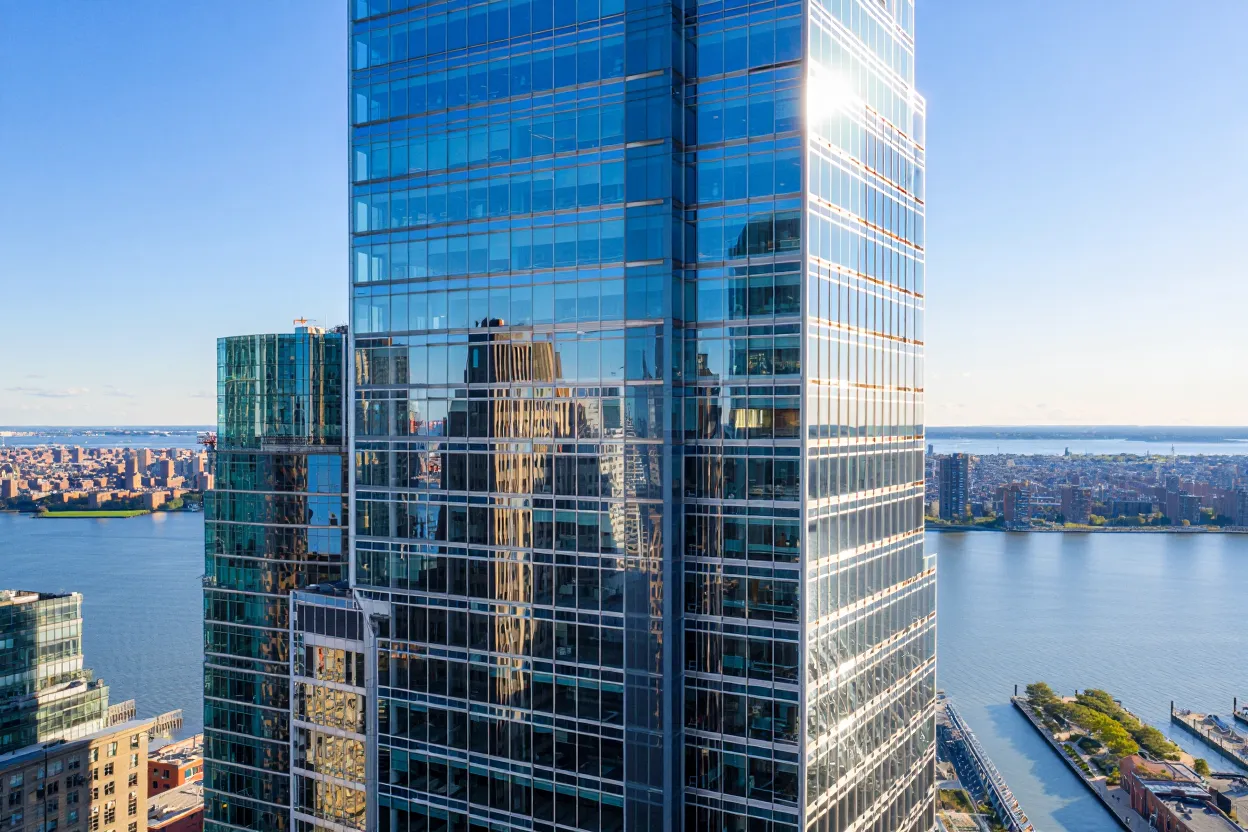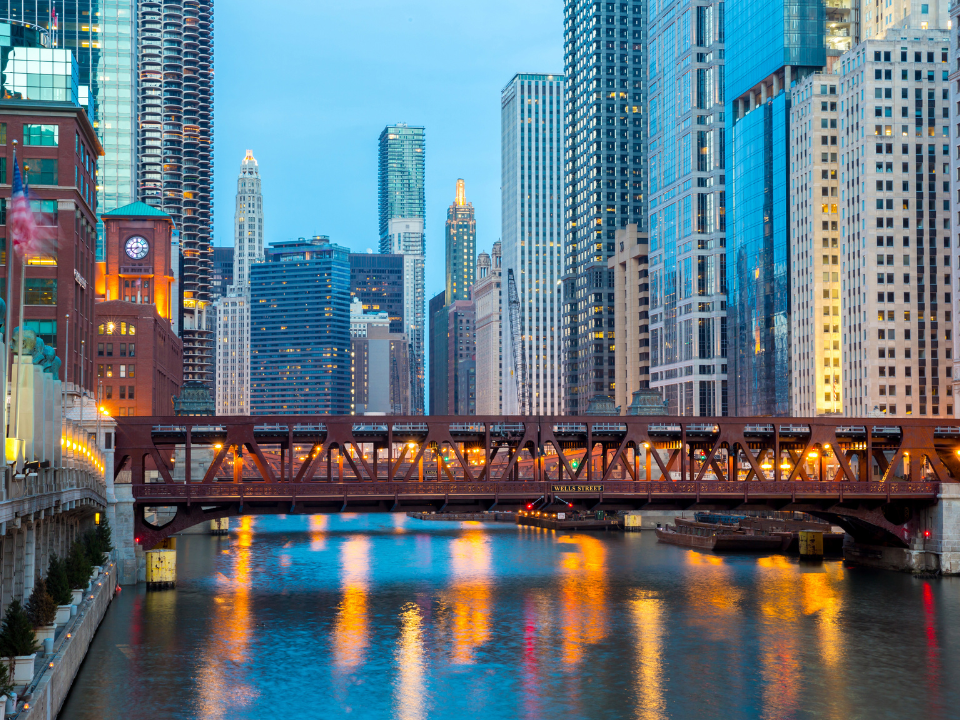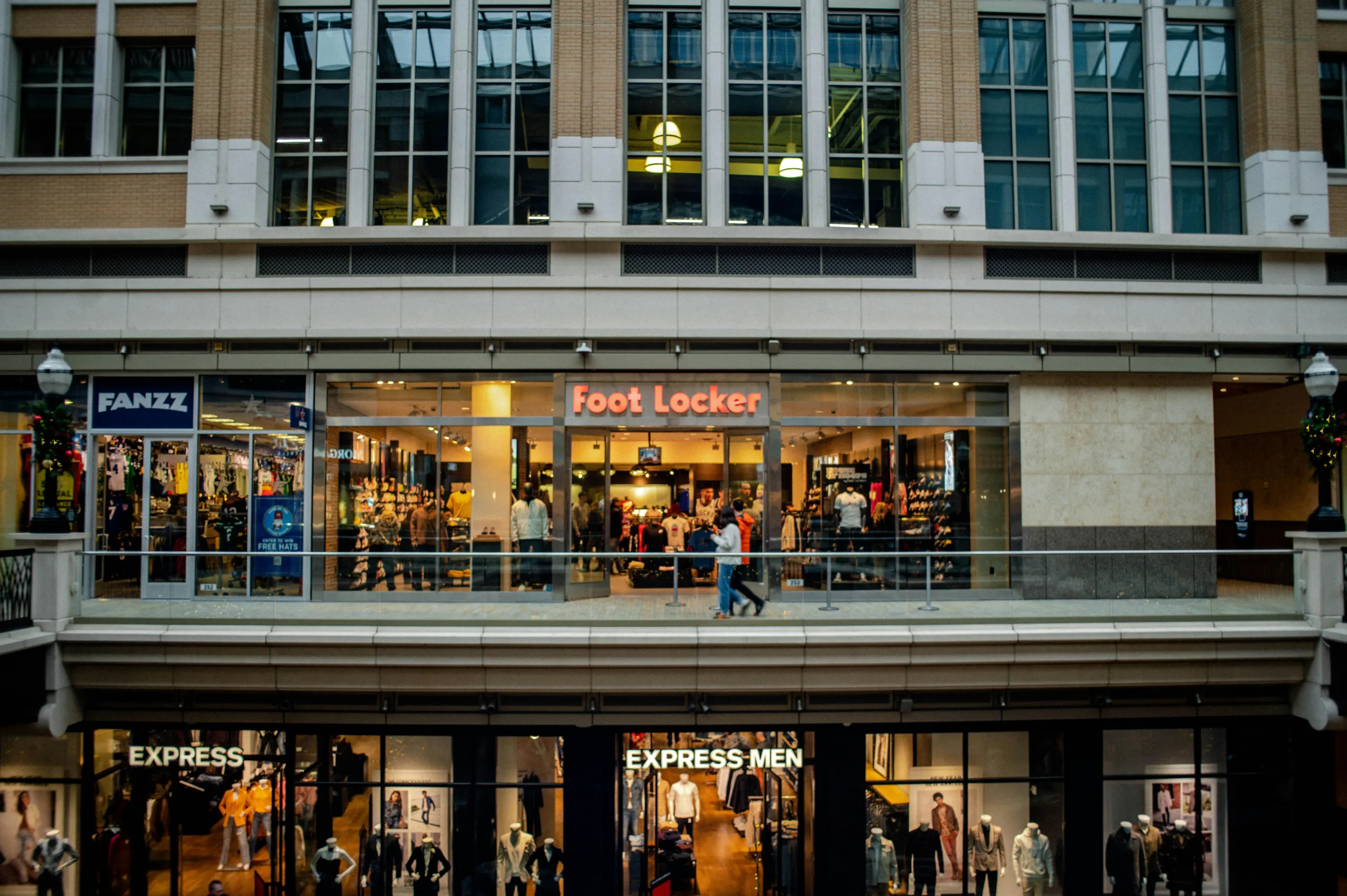- Downtown Chicago landlords may face a self-imposed tax through a business improvement district (BID) to fund security, cleaning, and other revitalization efforts.
- The proposal follows new Illinois legislation allowing such districts, aligning Chicago with cities like New York and San Francisco.
- The BID aims to address Chicago’s Loop’s 24% office vacancy rate and over 30% retail vacancy.
According to CoStar, the Building Owners and Managers Association (BOMA) of Chicago is exploring the creation of a business improvement district to address safety, cleanliness, and vacancies in the city’s downtown area.
The plan would impose a self-governed tax on property owners, with proceeds funding initiatives to boost the district’s appeal.
BIDs have been used in cities like New York and San Francisco for decades but became possible in Chicago only after Illinois legislation changed in 2024.
Fixing Downtown
A board of property owners and tenants would control funds collected from the BID. The money could support projects such as:
- Enhanced security: Adding personnel to increase safety and deter crime.
- Streetscape beautification: Upgrading public spaces and infrastructure.
- Promotion and marketing: Attracting tenants and visitors to the area.
- Social services: Addressing homelessness and youth needs.
BOMA Executive Director Farzin Parang emphasized the importance of local control, stating, “The advantage of BIDs is that they are controlled by the people paying into them.”
Addressing Downtown Challenges
Chicago’s downtown faces significant challenges, including:
- office vacancy rate: Nearly 24% in the central business district
- Retail vacancy rate: Exceeding 30%
- High property taxes: Owners already pay some of the nation’s highest rates
Despite these hurdles, Parang noted broad support for initiatives prioritizing crime prevention, which could encourage more businesses and residents to invest in the area.
Get Smarter about what matters in CRE
Stay ahead of trends in commercial real estate with CRE Daily – the free newsletter delivering everything you need to start your day in just 5-minutes
Opposition and Alternatives
Some landlords argue that the services proposed under the BID—such as cleaning and safety—should be covered by existing taxes.
Chicago aldermen recently rejected a $300M property tax increase, further complicating the case for additional assessments.
City-led efforts, such as converting vacant office spaces on LaSalle Street into affordable housing, have also aimed to bring more residents downtown and stimulate economic activity.
What’s Next?
BOMA’s next step involves gaining approval from more than 50% of affected property owners by value. A BID proposal would also require City Council approval, with implementation possible by 2026.
This initiative is part of Chicago’s broader strategy to position the Loop as a thriving commercial and residential hub. If successful, the BID could provide a model for other struggling urban centers nationwide.
















